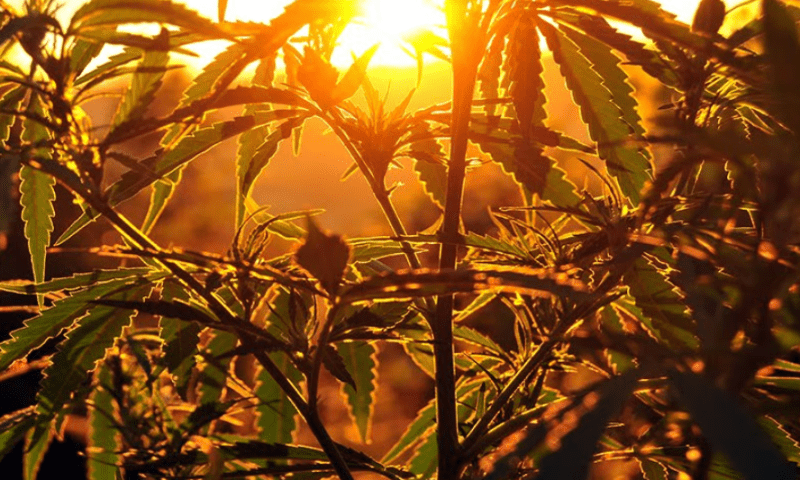Anebulo Pharmaceuticals is blazing through a phase 2 clinical trial of anti-cannabinoid intoxication drug candidate ANEB-001, delivering a fresh cut of data that suggests it can counter the effects of higher THC doses.
ANEB-001, which Anebulo licensed from Vernalis for $150,000 upfront, is a small-molecule cannabinoid receptor antagonist. The mechanism of action led Anebulo to identify the molecule as a potential treatment for acute cannabinoid intoxication, a condition associated with symptoms including psychosis, panic and anxiety, feelings of paranoia and nausea that can require emergency medical attention.
Anebulo is putting its hypothesis to the test in a phase 2 clinical trial. In part B of the study, subjects were challenged with a 21-mg dose of THC and then received one of two doses of ANEB-001, 10 mg or 30 mg, or placebo.
Participants who received placebo experienced an increase in “feeling high” and body sway and decreased alertness. Compared to the placebo arm, the recipients of ANEB-001 experienced significant reductions in a “feeling high” score and THC-induced body sway, plus an improvement on an alertness scale. The drug candidate had similar effects as in part A of the trial, which challenged subjects with 10.5 mg of THC.
In a statement, Anebulo CEO Simon Allen highlighted the effects achieved by the 10-mg ANEB-001 dose, which maintained a similar level of performance across both parts of the trial despite the doubling of the THC dose.
“Using lower doses of ANEB-001 to reduce acute cannabinoid intoxication symptoms should allow us to optimize tolerability, while providing an even more favorable cost of goods if ANEB-001 is approved. We are currently exploring the effects of delayed dosing to better understand real-world conditions. In this circumstance, we challenge subjects with THC one hour before administering ANEB-001,” Allen said.
Part B of the study, which is designed to test lower doses of ANEB-001 at higher doses of THC, is now enrolling subjects in the third cohort. Anebulo plans to enroll at least six cohorts, each containing up to 15 subjects. The company is yet to share a detailed look at the safety data, saying only that adverse events in the first two cohorts were mild and transient, apart from two cases of moderate dizziness linked to THC.
Investors were unmoved by the update, with no premarket changes to a stock that closed at $2.81 last week.

